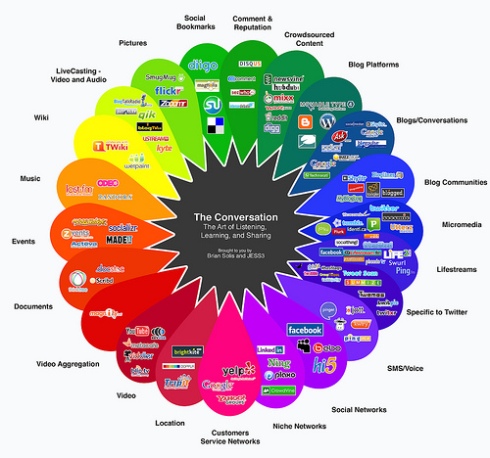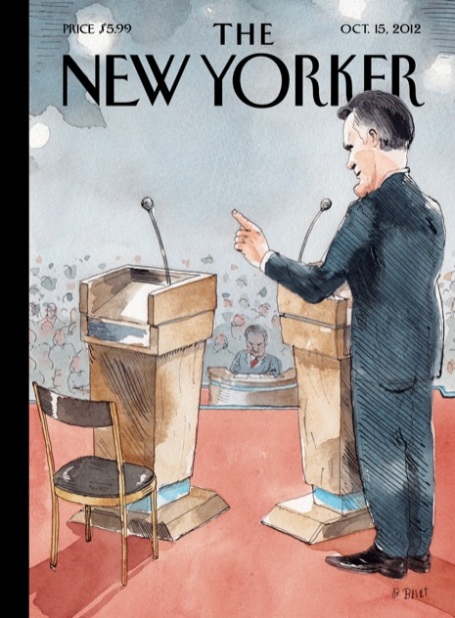Online communities have created a smaller and more interactive world, where we can communicate with just about anyone, whenever we want, wherever we want.
Most of us use social media to share photos, comments and brief stories. But lately, there’s been a lot of rancor on many of the social media platforms. With the 2012 U.S. Presidential election just about a week away, the electorate, many of them passionate about their politics, aren’t afraid to engage in dialogue with those whose views are different. That’s a good thing. No one party, and no one individual, can claim to have all of the best ideas, dreams and thoughts. The free exchange of ideas is what’s made this nation great. We need discourse in the public sphere in order to expose new ideas to scrutiny and rethink old ones. However, discourse in the public sphere, especially on social media sites, has the tendency to quickly deteriorate into something rotten.
I’ve known a number of people who’ve closed down their social media accounts, or defriended someone, until after the election. They say that the overwhelming amount of political content, and arguments that abound on walls, discussion boards and tweets is unbearable. In fact, many of them are beginning to view social media as less of an interactive and informative world, and more as world of discord, advertisements and propaganda.
While much of that may be true, especially during the political season, let’s not forget what social media can do when harnessing the power of people by eliciting an emotional response. It can certainly cause harm, as we’ve recently seen in the Middle East. But, it can also be a source of strength and good. In Egypt, twitter was the catalyzed in overthrowing a dictator who had been in power for decades. While both of these examples demonstrate that social media can cause revolutions and protests, pride and prejudice, I’d like to focus on what it can do for an individual.
All of our struggles in life are different. Some of us have strengths which others could only dream of, while many of us have weaknesses that others cannot fathom. But in the end, all of humanity, at some point, whether briefly, or throughout their life, will at sometime feel underappreciated, lonely or sad. It’s a given. So what can social media to do encourage and build up an individual? It can “like,” leave a “comment,” share an “instagram,” “tweet” a phrase, or post a “YouTube” video to that makes someone smile, laugh, feel appreciated, rewarded or wanted. It often doesn’t take long only a second or two, but it can make a difference.
Over the last few weeks there have been a number of things I’ve seen on social media sites that have tugged at my heartstrings. So I wanted to share a couple of the things that have inspired me, hopefully helped the individual and speak to the compassion and kindness of humanity.
- Parents and individuals who have shared their creative time, energy and effort in constructing Halloween costumes for people in wheelchairs. If you’ve been on Facebook the last month, I’m sure you’ve seen one of these videos.
- This is an older post, but with roughly 2,750,000 views on YouTube, it’s still a hit. Ike, a high school student with down syndrome is given the opportunity to play and score. The coaches are teaching these young men more than just football and winning and loosing.
Yes, social media contains dram and rants, political arguments and advertisements, but besides being a place where we can communicate and interact, it can be a place where we can inspire and strengthen.
What videos, tweets, or posts have you see that have inspired you, or benefited someone else?

